Pfizer scores FDA nod for hemophilia B gene therapy, will charge $3.5M per dose

Pfizer scores FDA nod for hemophilia B gene therapy, will charge $3.5M per dose
Ten years after dipping its toes into the gene therapy pool in a licensing deal with Spark Therapeutics, Pfizer has gained FDA approval for the acquired treatment.
The U.S. regulator has endorsed Beqvez (fidanacogene elaparvovec-dzkt) for adults with the bleeding disorder hemophilia B. It becomes the first FDA-approved gene therapy for Pfizer and the second in the indication following CSL and uniQure’s hemophilia B treatment Hemgenix, which became the world’s most expensive drug at $3.5 million when it was approved in 2022.
Pfizer had the chance to undercut its rival on price but decided to charge the same $3.5 million for Beqvez. The therapy will be available to patients this quarter, a spokesperson confirmed on Friday to Fierce Pharma.
According to the CDC, the current number of males with hemophilia living in the U.S. is around 33,000. Hemophilia A is more prevalent, with 12 cases per 100,000 U.S. males, while there are just 3.7 cases per 100,000 U.S. males for hemophilia B.
Last month, Kyowa Kirin and Orchard Therapeutics ascended to the highest pricing throne, placing a $4.25-million tag on Lenmeldy, their gene therapy for the rare genetic disease metachromatic leukodystrophy (MLD).
As for the price it has set for Beqvez, Pfizer said it presents a "compelling value proposition that can deliver savings for the healthcare system when you consider potential long-term benefits that would offset costs that are associated with chronic disease management today."
Beqvez can free patients from standard-of-care intravenous transfusions that are often administered several times per week or month and can cost as much as $600,000 and all the way up to $1.1 million per year, Pfizer said.
The company added that it is offering a warranty program that will provide "financial protections by insuring against the risk of efficacy failure."
In 2014, Pfizer kicked off its gene therapy program, paying just $20 million upfront and $260 million in potential milestones to Spark for the product, with an agreement that the Philadelphia gene therapy specialist would handle phase 1 and 2 development and Pfizer would take it from there. Five years later, Roche bought out Spark for $4.3 billion, triggering its move into the gene therapy arena.
Images

Get Updates
from LSPA
Stay up-to-date on the latest news and events from Life Sciences PA, insights from the life sciences industry, and so much more!

Life Sciences Pennsylvania was founded in 1989 by a biotech scientist at Penn State University. Today it has grown to represent the entire life sciences industry – biotechnology and diagnostic companies, medical device companies, pharmaceutical companies, investment organizations, research institutions, and myriad service industries that support the life sciences in Pennsylvania.